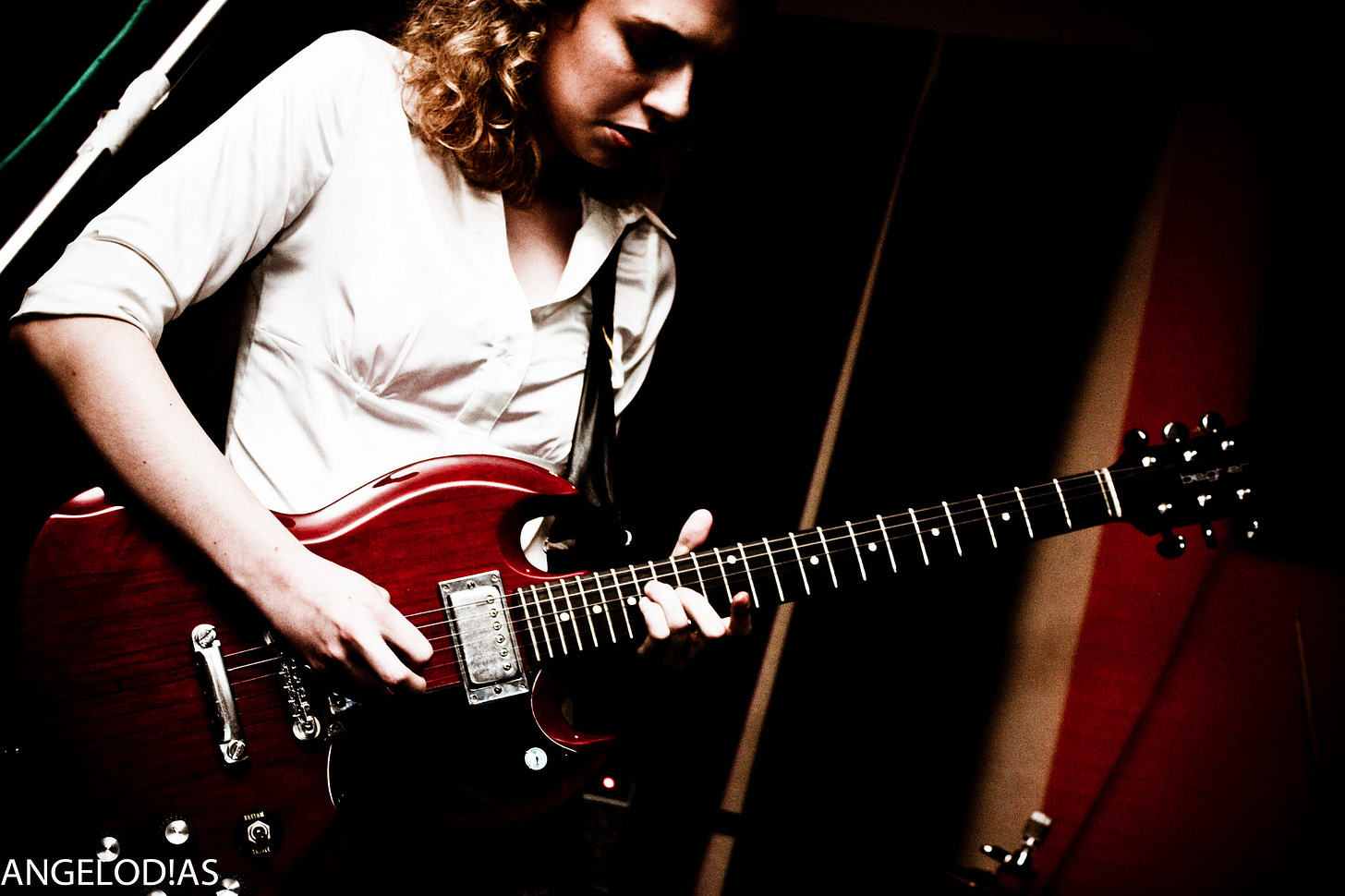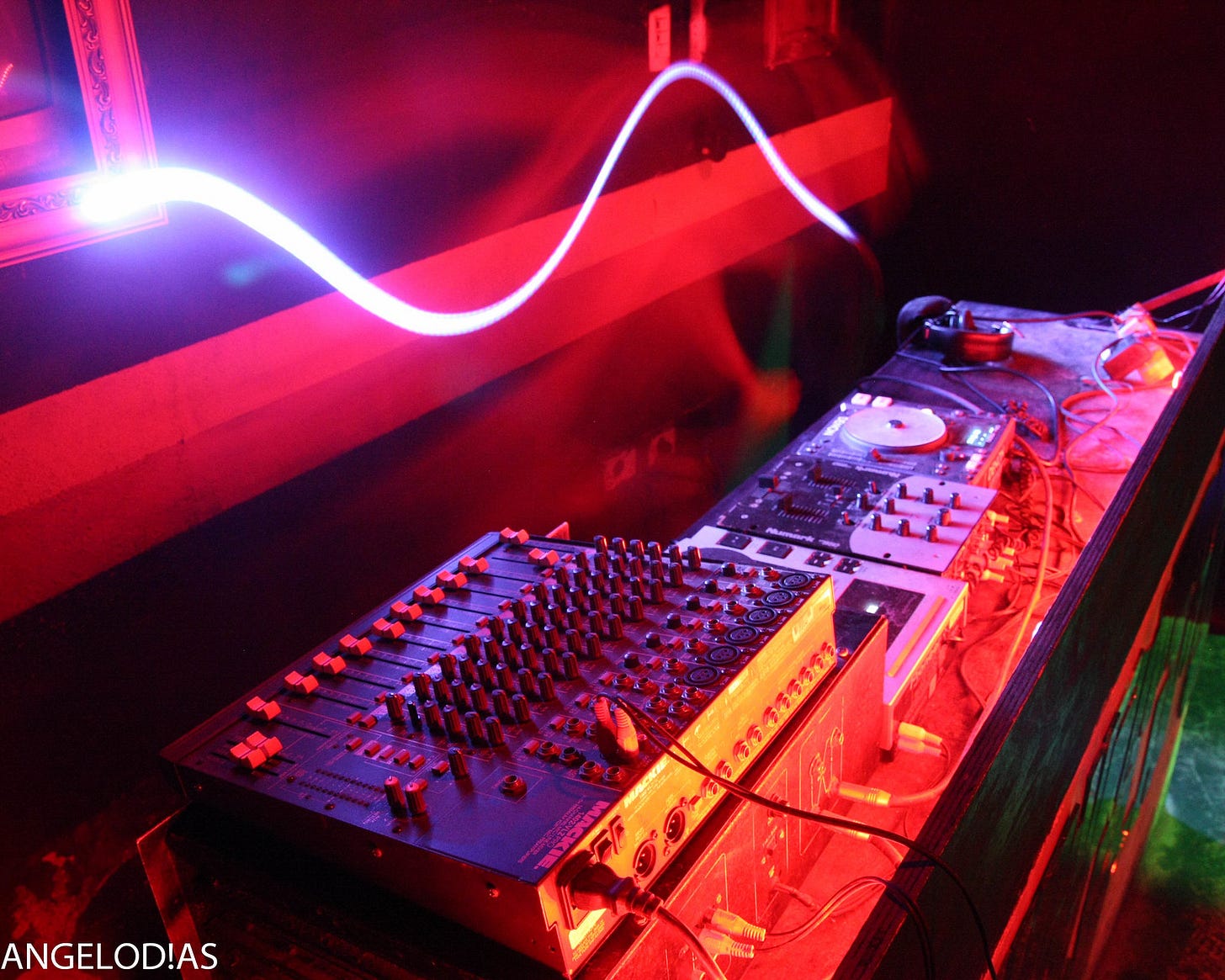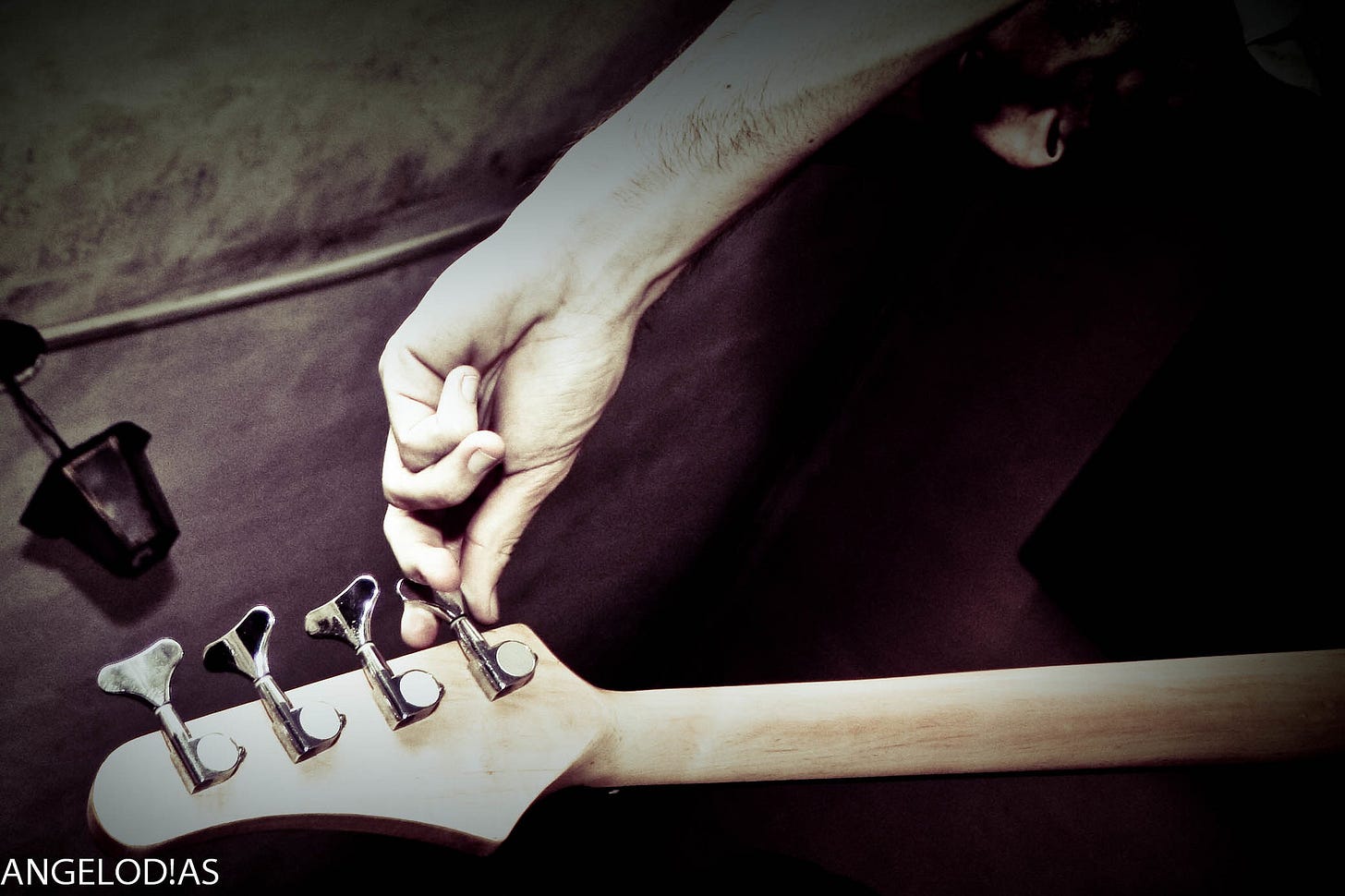I used to be a photographer
A story about my brief experience and quick exit from this industry
My first job was as an IT boy at a children's school. I had to do computer stuff for them — design and print stuff in Word, which no one knew how it worked, and do some magic in Excel. I was underaged — about 12ish — and my pay was a weekly wage that would make me score lunch and some new toy from the street fair we had every Friday.
After that, I didn't work until I finished school. In my free time, I used to do some courses — like keyboard, music theory, and English — and ended up doing a photography course in a nearby city.
The other courses were stuff to pass the time. I wasn't that much into keyboards — my dream was always to be a bass player, which I have yet not fulfilled — and languages like English were just like another school class I had to take, obligatory. Photography class, on the other hand, was something I picked because I thought I had a good eye for it.
And, damn, I loved the course. I enjoyed every click on the cameras and every theory lesson. I found it fun even on rainy days; we needed to stay indoors researching famous photographers. After a few classes, I was already studying how much I would need to have to purchase my DSLR because, for sure, that would be a wise investment. I had found something to be passionate about.
After some negotiation, I got a Canon XSi gift from my father. From that moment onwards, I wasn't glad to be a photography student. I wanted to be a Photographer, capital P, professional, and — like almost every photographer — cool as fuck.
Photography was the most successful "fake it till you make it" act I played in my life. I started to tell people that I already was a photographer, even though all the pictures on my Flickr were from the course — not from paying job. It didn't take much time for someone to offer me a cheap and unreliable gig — I was young and easily manipulable.
My first job as a photographer was taking pictures in my city's axé and sertanejo club. The pay was meager, I only worked Fridays, but the extra money was better than zero. Also, I quickly made friends with the bartenders, so most of the pictures became blurrier and blurrier as the night went on and the free drinks came in.
While this gig happened, I started to take pictures of my friend's bands. I'd offer photos for free, as long as I could style them however I wanted, and get free entries or drinks at their concerts. As a young guy without a fixed income, that was perfect — and being friends with the band always made people look at you differently.
Way before Instagram filters, I liked my pictures with many effects. Most of the places these bands played were shoddy bars and not aesthetic at all. Developments like these made some pictures look way better and grittier than their originals, shot with flash in not-optimal settings, and the results had much more to do with most of the band's styles. Also, it's important to remember it was the 2010s, so our take on photo manipulation was different.
I believe this approach was my first conscient art making. Some bands disliked the style, and all I could do was shrug: that was me. I loved to do it like that, so I did it like that. I wasn't being paid, so to hell with their requests.
I took pictures of my friends' bands and any other ones available. That was my thing, going out and taking pictures of people playing good music.
End
My short career as a wannabe photographer ended in two steps.
The first, professional, was when I took a picture of a guy cheating on his wife in the nightclub I mentioned earlier. After a quick exchange on how I'd be happy to remove his photographs but that I couldn't do that right at that moment — and a dreaded "do you know who I am?" — he spilled his whole beer over my camera.
My complaints to the security guard, the receptionist, and even the joint owner had zero results. Sadly, if anything happened to me, it was my responsibility, and they wouldn't have anything to do with it — mainly because we didn't have any contract. I went home, dried my camera, and managed to save it. I never worked there again in my life.
The second part of the end of my career was emotional. On one of these days, when my best friend's band was going to play at a bar, I went just a "civilian." I wasn't in the mood to take pictures, so I didn't bring the gear.
When he met me at the entrance, he asked where my camera was. After telling him I hadn't brought it, his smile turned into a frown, and he said a phrase that still haunts me in therapy. "If you didn't bring your camera, why are you even here?"
I realized, then, that our friendship was unilateral.
After that moment, I couldn't pick up a camera without starting to feel what I know now, 10+ years after, is an anxiety attack. I retired my camera and stopped taking pictures at all.
I had a skill that I loved, an artistic expression, and I just... lost it. I still think I'm a lousy photographer and can't pick up a professional camera without feeling completely out of my comfort zone. It's funny how, after one punch-in-the-face phrase, my body just rejected that skill.
I still love photography and would love to return to it, but it's... too much. It's overwhelming to get back to those memories and realize I could've been a different person today if I had gotten encouragement instead of objectification.
Moral?
At this point, I question the reasoning behind this article. Why am I telling you this story? Why do I recall this part of my life I'm not very proud of?
I believe there's beauty in knowing how our personality develops and knowing from people's mistakes. You can take home simple lessons: don't mix work with friends or never work without a contract — two rules I still don't follow — or you can look at a deeper level and try to find meaning.
Maybe this story is about how artistic expression can be destroyed or how a hobby dies when it evolves into work. Maybe it’s about the importance of pictures — one of my friends from the band, Patola, died tragically in a robbery a few years ago.
This story could also be about the meaning of professionalism. In no way I paid my bills with photography, and I had zero situations in which I was recognized by my peers as a respected professional in the craft. Why, then, I called myself a photographer? Why do I have this memory of having worked with it if, in reality, this has been a minimal slice of my whole work experience?
There are also those stories without morals or clear endings. Open-ended tales, with broad space for interpretation. I'd rather leave this one like that and make peace to myself that, sometimes, all I have in store is this kind of writing; no fancy article, no scientific essay. Just… real life.








